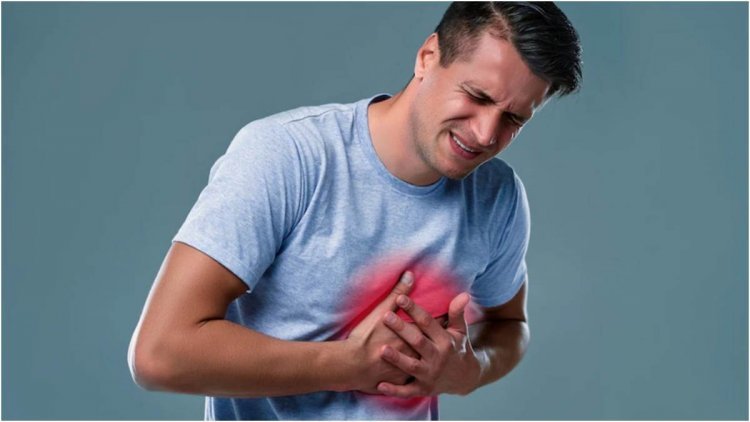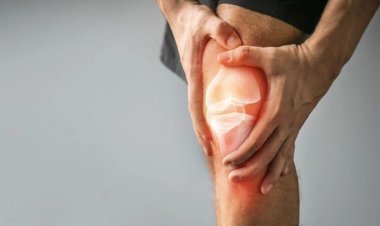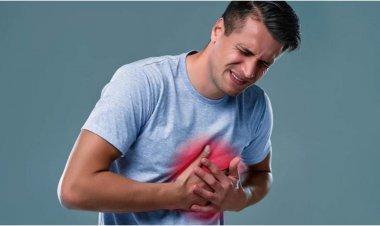Heart Disease: To reduce the risk of heart attack, include these things in the diet from today itself
Heart Disease A joint research by Barcelona Hospital and Loma Linda University has revealed that eating 30 to 60 grams of walnuts daily reduces the risk of all heart diseases. This reduces swelling by 11.5 percent.

Heart Disease: The number of patients suffering from heart-related diseases is increasing very rapidly. In recent times, there has also been an increase in the incidence of heart attacks. It's a topic of concern According to experts, bad cholesterol blocks the arteries of the blood. Due to this, there is a blockage in blood circulation. In addition, there is a lack of oxygen to the heart. Because of this, the risk of heart attack and stroke increases. This requires improvement in diet and lifestyle. At the same time, to reduce the risk of heart attack, definitely include these things in the diet. Let's know-
Eat walnuts
It contains many essential nutrients, including Vitamin-E, B6, omega-3 fatty acids, protein, calcium, fat, carbohydrates and calories, which are beneficial for health. It is beneficial for the heart. Joint research by Barcelona Hospital and Loma Linda University has revealed that eating 30 to 60 grams of walnuts daily reduces the risk of all cardiovascular diseases. This reduces swelling by 11.5 percent. The omega-3 fatty acids found in it prove to be a boon for the heart.
Eat salmon fish
According to experts, omega-3 fatty acids are found in abundance in marine fish. Its consumption reduces the risk of heart diseases. For this, you can include salmon fish in your diet. You can consume salmon fish twice a week.
Eat black beans
Black beans contain many essential nutrients, including calcium, copper, magnesium, manganese, phosphorus and zinc, folate, magnesium and antioxidants. Its consumption keeps the heart healthy. Along with this, the risk of fatal diseases like colorectal cancer is also reduced. Apart from this, eat almonds to keep the heart healthy.
Disclaimer: Story tips and suggestions are for general information. Do not take these as advice from a doctor or medical professional. In case of symptoms of illness or infection, consult a doctor.

 The Frontier Times
The Frontier Times 










